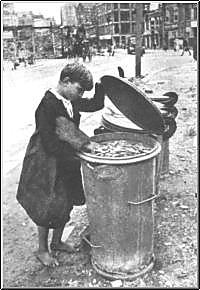În această imagine, Nikolai Yezhov apare alături de Voroshilov, Molotov, şi Stalin vizitând Canalul Marea Albă-Marea Baltică
În această a doua imagine, Yehzov - între timp epurat - a fost eliminat.
"The Great Purge" was a series of campaigns of political repression and persecution in the Soviet Union orchestrated by Joseph Stalin in 1936–1938. It involved a large-scale purge of the Communist Party and Government officials, repression of peasants, Red Army leadership, and the persecution of unaffiliated persons, characterized by widespread police surveillance, widespread suspicion of "saboteurs", imprisonment, and executions. In Russian historiography the period of the most intense purge, 1937–1938, is called Yezhovshchina (Russian: Ежовщина; literally, "The Yezhov Regime"), after Nikolai Yezhov, the head of the Soviet secret police, NKVD.
"The memory hole" is a metaphor for the alteration or outright disappearance of inconvenient or embarrassing documents, photographs, transcripts, or other records, such as from a web site or other archive, particularly as part of an attempt to give the impression that something never happened. The concept comes from George Orwell's novel, Nineteen Eighty-Four.
imagini: wikipedia, 1 si 2
 Two new words entered the German vocabulary during 1945:
Two new words entered the German vocabulary during 1945:


